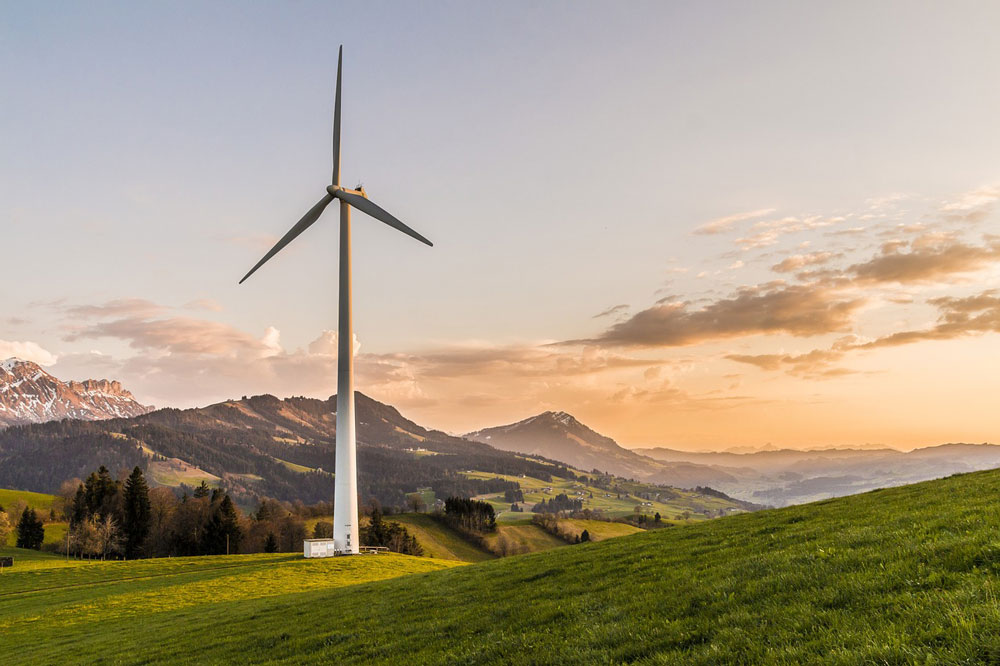Why Achieving Carbon Neutrality is so critical for FMCG
Article
By embracing carbon neutrality, FMCG companies not only fulfil their environmental responsibilities but also position themselves as leaders in sustainability, shaping a more sustainable future for all.
Given the current state of climate change, it is now critical for the FMCG industry to take concrete steps towards carbon neutrality. By reducing and offsetting carbon emissions and prioritising sustainable practices throughout their value chain, FMCG brands can make a significant environmental difference and have a substantial impact in the fight for net zero.
What is carbon neutrality?
Carbon neutrality means having a balance between the amount of carbon emitted and what is absorbed from the atmosphere. Companies and their products become carbon neutral when they can accurately report on the carbon emissions they have produced and reduce this via carbon offsetting projects.
Unsurprisingly, the FMCG industry contributes to a significant amount of carbon emissions because we use these products as part of our everyday lives. The World Economic Forum states that food and FMCG industries together produce more than one-third of global emissions, which mainly come from their upstream supply chains.
This is a complex industry to track emissions and environmental impact for because each product will vary, for instance, textile production contributes more than 1 billion tonnes of CO2e per year. On top of this, each region will also produce different amounts of CO2 and have their own regulations and goals, which you can see in the graph below. None-the-less, it is important for all areas of the FMCG industry to get on board with net zero goals and make a positive change.
Source: https://ourworldindata.org/co2-and-greenhouse-gas-emissions
How can FMCG companies achieve carbon neutrality?
Carbon neutrality is a critical goal for FMCG companies to address as we try to reduce our impact on the planet. Every brand and supplier within the value chain should be taking proactive measures to reduce their energy consumption, choose more environmentally friendly materials, rethink their current processes and implement sustainability strategies such as investing in renewable energy. All of this will help companies work towards carbon neutrality. Let’s take a closer look at some of the most effective strategies, just remember that the best approach may vary depending on your specific context and the goals of the organization and government.
- Renewable Energy: Shifting from fossil fuel-based energy sources to renewable energy sources such as solar, wind, hydro, geothermal and other clean energy sources for electricity generation, heating and transportation.
“Energy production and use is currently responsible for 75% of EU greenhouse gas emissions. It is a part of every aspect of our lives”. Source: World Economic Forum
- Decentralized Energy Systems: Promoting microgrids and community-based renewable energy projects can increase energy resilience, help local communities and reduce transmission losses.
- Energy Efficiency: Reduce energy consumption and improve energy efficiency by upgrading buildings to be more energy-efficient, using innovative appliances and equipment, implementing smart grid technologies and promoting energy conservation practices.
- Electrification: Transition from fossil fuel-powered vehicles to electric vehicles (EVs), especially in the transportation sector.
- Carbon Offsetting: Invest in projects that reduce or remove greenhouse gases from the atmosphere e.g. reforestation and afforestation initiatives, carbon capture and storage technologies, or supporting renewable energy projects in developing countries.
“The oceans and soil both absorb carbon dioxide from the atmosphere, but forests represent the most effective way to make a difference. EU forests absorb the equivalent of nearly 10% of all EU greenhouse gas emissions each year.” Source: World Economic Forum
- Circular Economy: Minimize waste and maximize the use of resources by reducing reliance on raw materials, promoting recycling and adopting sustainable production methods.
- Green Buildings: Construct energy-efficient buildings with sustainable materials and renewable energy systems to significantly reduce your emissions.
- Sustainable Agriculture: Promote regenerative farming techniques, agroforestry, and improving soil management practices to enhance carbon sequestration in agricultural lands.
- Behaviours and Education: Build awareness about the importance of carbon neutrality and encourage individuals to adopt a low-carbon lifestyle both in the workplace and at home.
- Policies and Technology: Some regions may be slower to incentivize organizations to meet net-zero targets as you can see in the graph below, but it doesn’t mean you should wait. Introduce policies that will help you achieve your carbon neutrality goals and use technology to collect accurate data for real-time ESG reporting.
Source: https://ourworldindata.org/co2-and-greenhouse-gas-emissions
By embracing carbon neutrality, FMCG companies not only fulfil their environmental responsibilities but also position themselves as leaders in sustainability, shaping a more sustainable future for all.
Get in touch: cleanchaininfo@adec-innovations.com

